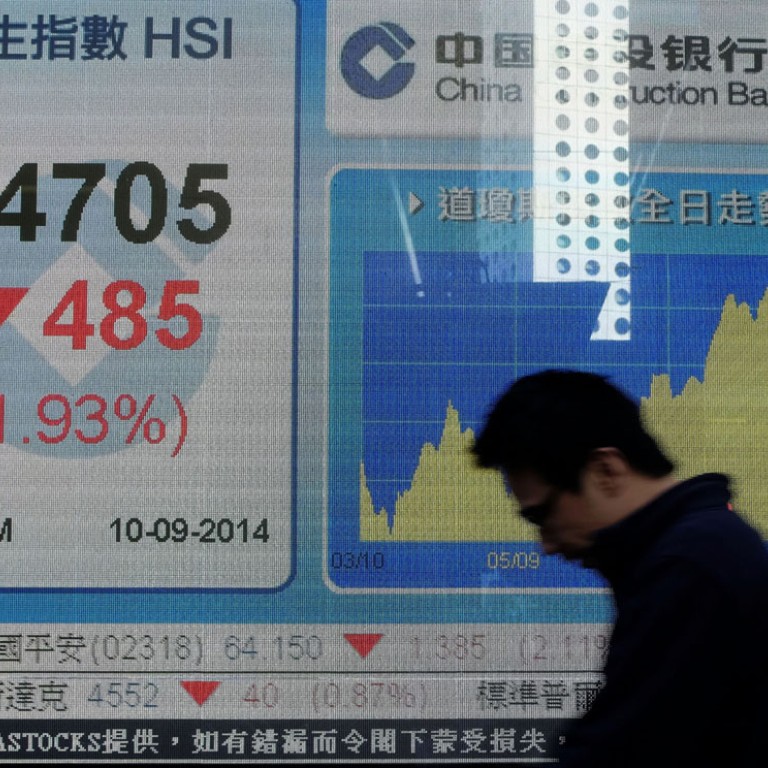
Old equity theories no longer ring true
Stock performances do not seem to fit a particular calendar pattern now, even if bonuses and the start of the racing season once influenced prices
Is it really true that September is the worst month for investing in the Hang Seng Index?
It certainly was a popular belief at one time and the most common reason given for it was that the Jockey Club's racing season began in early September and all the punters sold their holdings in the market to raise cash for the racetrack.
In fact, it was not just September alone that was a bad month. People expected the selling to start well ahead of the first races and it was a self-fulfilling expectation. August was traditionally also a bad month and August and September together constituted the worst two-month period.
But to make up for it the Hang Seng Index's best time of the year came a few months later with what was called the Lunar New Year rally. It actually started in mid-December, well in time for the Christmas season, and most years would peter out in early February.
The common explanation for this one was, of course, Christmas and Lunar New Year bonuses that would quickly find their way into the market.
The line in the first chart shows the general trend. It was made up by taking the monthly closes of the Hang Seng Index every year for the last 50 years, rebasing them for each year to a value of 100 for the last trading day of the previous year and then averaging the results of those 50 years.
The first thing this tells you is that if some genie had whispered "Buy Hong Kong" in your ear 50 years ago you would not have bothered him any longer for the keys to Aladdin's Cave. There can be few places in the world to boast an average compound annual gain of just under 20 per cent for over 50 years.
The chart also tells you that March was the worst month over the last 50 years, followed by November. But then, over the three months of December, January and February, you were rewarded by an average gain of about 10 per cent. No wonder a reaction set in by March.
Note here, however, that I refer to all of this as happening in the past. There is a reason for this. It doesn't seem to be happening any longer. The racetrack no longer draws the money away and bonuses pay for holidays, not Hang Sengs.
The second chart shows you the average monthly performance of the index over the last 10 years and the only remaining consistent feature is the hangover in March. September is now one of the best months of the year to invest in the index, and the vaunted Lunar New Year rally has pretty much vanished.
Perhaps 10 years is too short a sample period but I think the general conclusion still holds true - it ain't the market it once was and this September's sell-off is purely politically driven.

